We recently connected with Junichiro Mataga and have shared our conversation below.
Junichiro, thanks for joining us, excited to have you contributing your stories and insights. Can you talk to us about how you learned to do what you do?
I am a jazz pianist, composer, and arranger based in New York City. I started playing the piano at the age of six. Until I was twelve, I trained in classical piano, but at twelve, I became interested in the guitar and primarily focused on guitar training until I discovered jazz piano at the age of twenty. Looking back, I believe that if I had practiced piano instead of playing guitar, my piano skills would have improved more. However, learning guitar exposed me to a wide range of musical genres (Pops, Rock, Metal, R&B, Fusion, etc), which I feel helped me build a strong foundation. Jazz music, having developed through influences from various genres, benefits from knowledge of diverse musical styles, and I believe this has worked to my advantage. Therefore, I consider the most important skill in mastering music to be “a broad interest in various types of music, without limiting oneself to a single genre.”
At the same time, an obstacle in my learning was that I went through a period where I was fixated on specific musical genres and limited my interests. By exploring a wide range of genres beyond personal preferences, I believe I could have reached the music I wanted to pursue much faster. That’s why I now feel that it’s essential to have “a curiosity for the field that goes beyond one’s personal preferences.”
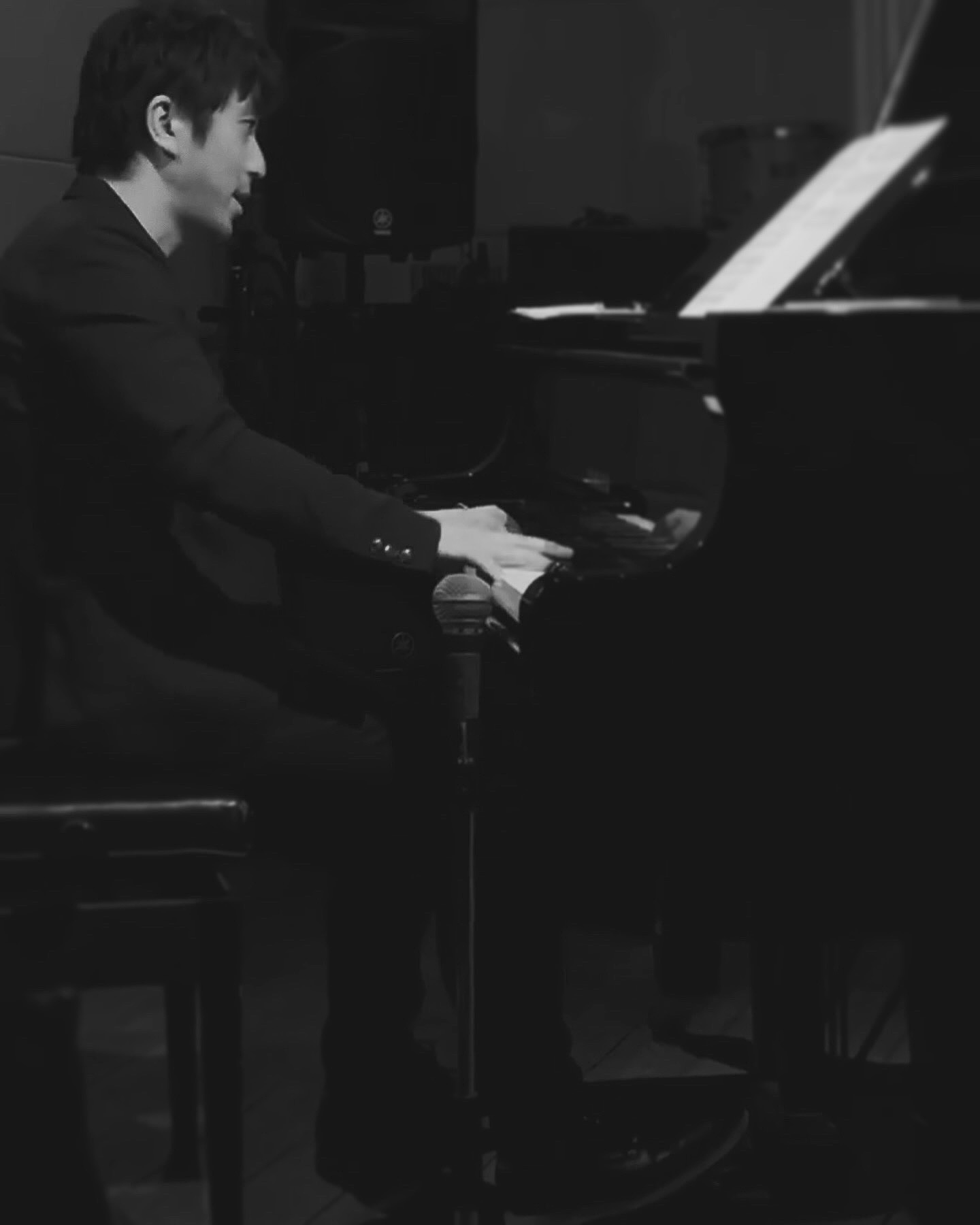
Junichiro, before we move on to more of these sorts of questions, can you take some time to bring our readers up to speed on you and what you do?
I originally worked as a corporate researcher at a Japanese electronics company for nine years. My specialty was acoustic vibration engineering. My work involved speaker development, acoustic evaluation, and business development based on these technologies. However, I left the company to pursue my long-held dream of studying jazz piano in the United States. I moved to the U.S. and obtained a Master’s Degree from the Aaron Copland School of Music at Queens College, and I am now working as a jazz pianist in New York City.
I have released two piano trio albums, “Sketches” and “Landscape.” When producing these albums, I focused not only on performance but also on composition and arranging. I feel that I was able to apply what I learned during my time as a researcher to the creative process. As a corporate researcher, particularly in the field of industrial research, the job involves constantly turning new ideas into value, something no one has done before. To do that, a wide range of knowledge is essential. You must apply what you learn from textbooks to real-world situations, solve problems, and transform them into value. This approach is similar in music, especially in composition and arranging. The process of creating something new is born from a collection of vast knowledge. Therefore, I incorporate the techniques and knowledge I have learned, both new and old, into the music I compose.
I believe this is reflected in the recognition of my two albums, such as being selected “Top Albums of the Year 2021” by the Global Music Awards and winning “the Grand Prize in the Jazz Category” of the John Lennon Songwriting Contest 2024.I am proud of these achievements, and I value the process that led to them.
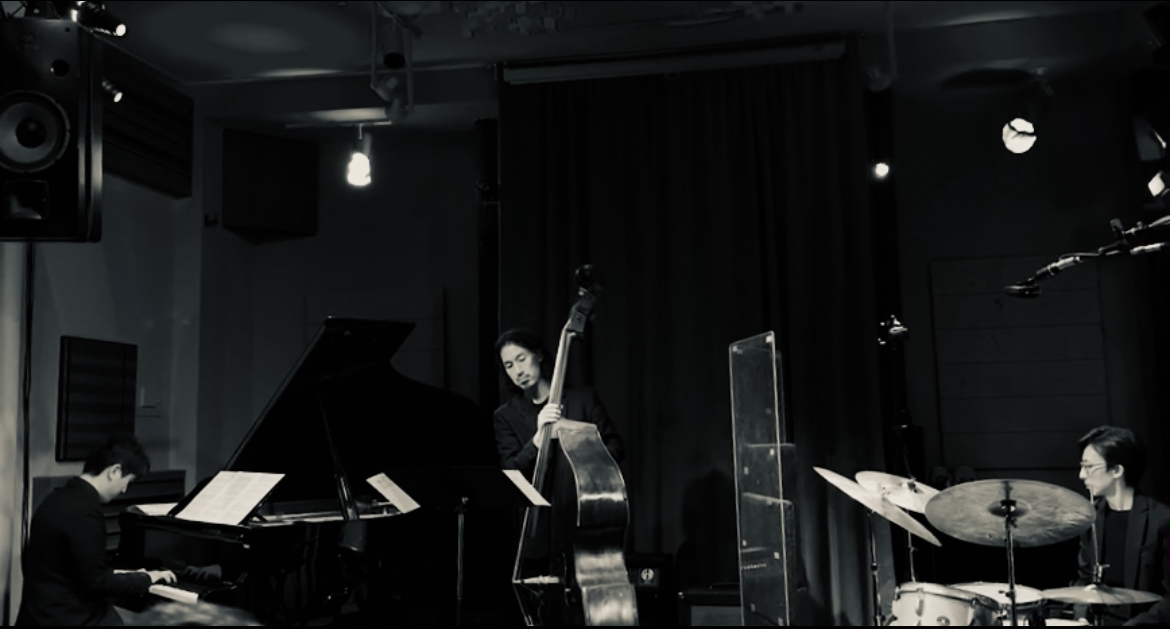
For you, what’s the most rewarding aspect of being a creative?
When I worked as a corporate researcher, I used research techniques to develop products, but it would take many years before they reached the customer. The process involved not only research but also development, manufacturing, and sales departments, making me feel a certain distance from the customer. In the activities of an artist, particularly in creating a work (such as a CD), there are also many steps involved, such as composing, recording, editing, CD production, or registering with a distribution company, along with copyright applications. The process is quite similar in that sense.
However, from the perspective of “performance,” an artist has the opportunity to play their work in front of an audience and see their reactions in real-time. The moments when I can tell the audience is enjoying or listening intently are incredibly valuable and rewarding, especially when I receive comments after the performance. Additionally, due to the nature of jazz, where each performance of a piece is played differently, every performance presents a new challenge. At the same time, I can directly reflect on my personal growth in the work, allowing me to experience the joy of being an artist.
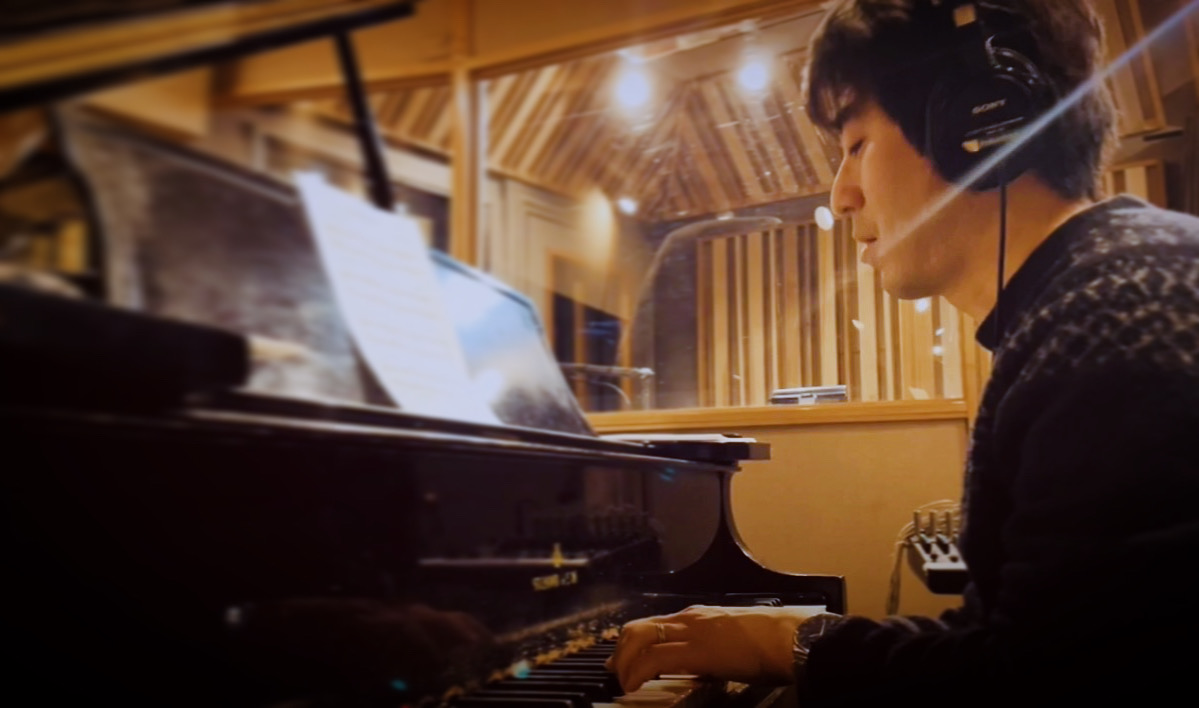
What do you think is the goal or mission that drives your creative journey?
I feel that my motivation as an artist is fueled by pursuing what I love and what truly interests me. I strive to understand the essence of what resonates with my own sensibilities, to imitate and develop it, and then incorporate that into my new work. By ‘sensibilities,’ I mean something nurtured by each person’s unique experiences, encounters, and life journey.
While it’s important for my work to connect with many people, my goal as an artist isn’t just about financial success. It’s about continuing to create only what I genuinely believe is good, and I see that as my mission.
Contact Info:
- Website: https://j-mataga.com/
- Instagram: https://www.instagram.com/jn.mataga_pf3/
- Facebook: https://www.facebook.com/junichiro.mataga
- Linkedin: https://www.linkedin.com/in/junichiro-mataga-20ab36170/
- Twitter: https://x.com/jun_mtg
- Youtube: https://www.youtube.com/@s570820
- Soundcloud: https://soundcloud.com/j_mataga
- Other: All About Jazz: https://www.allaboutjazz.com/musicians/junichiro-mataga/
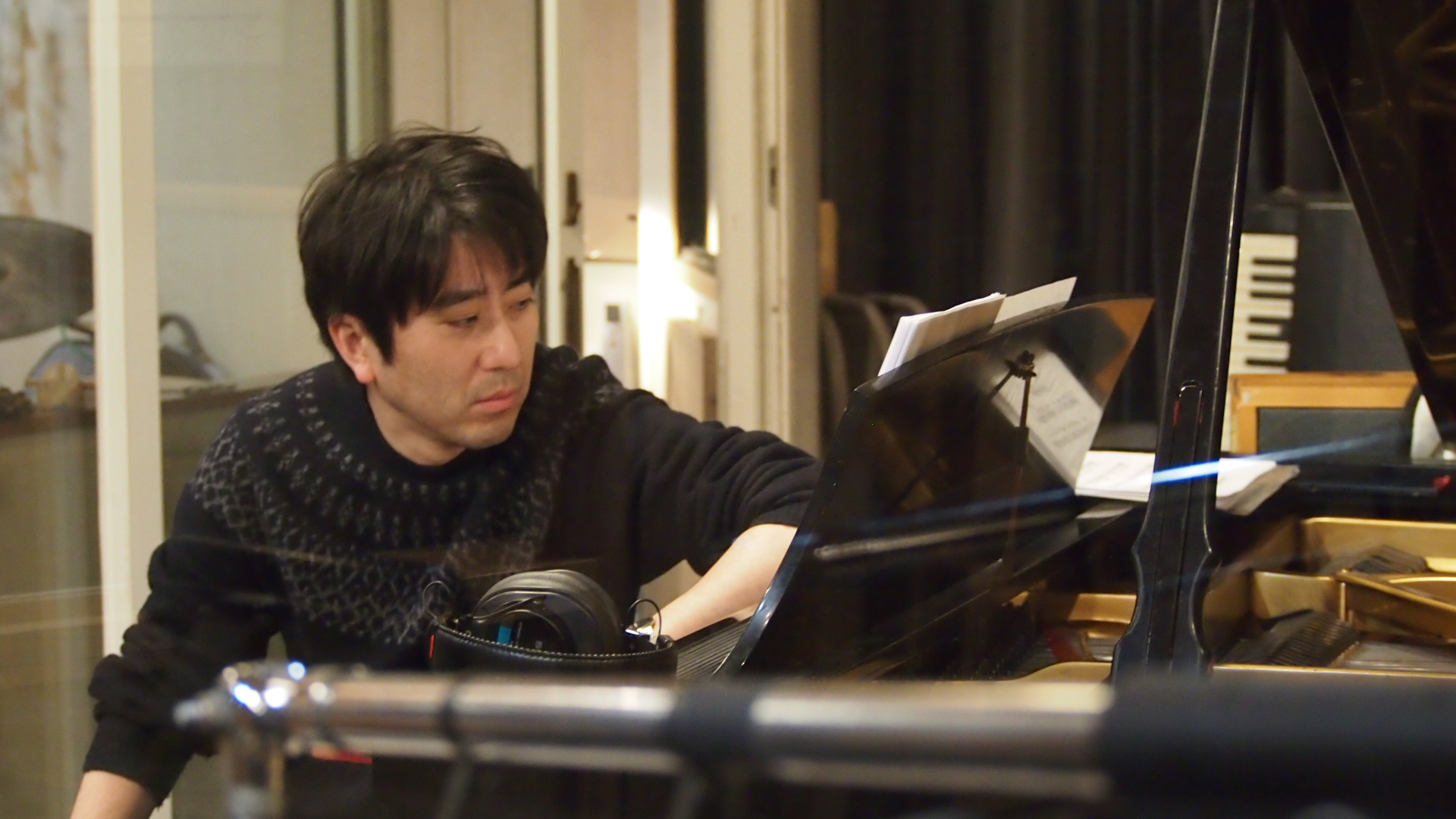
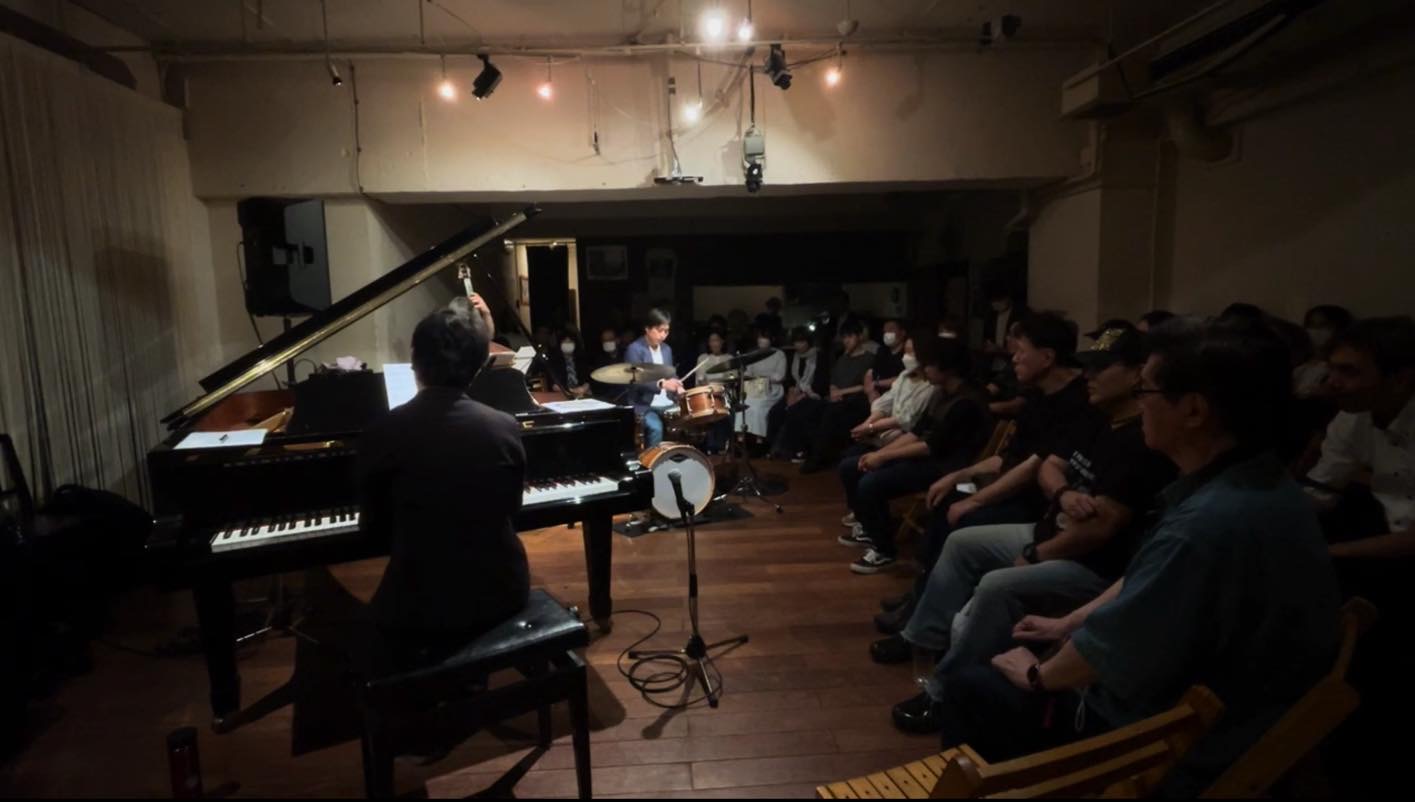

Image Credits
Natsumi Mataga


